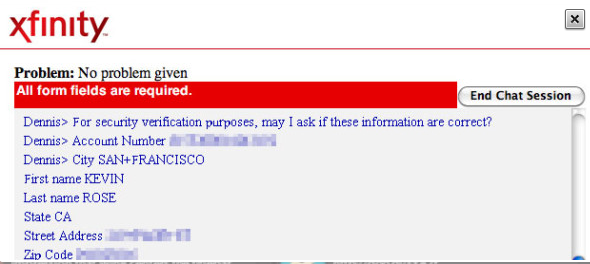After the devastating earthquake that struck Japan on March 11th, the country was faced with a further crisis: a potential nuclear meltdown at the Fukushima Daiichi plant near the area the earthquake's tsunami struck. Now, Japan likely wants to forget about the incident - and they intend to ensure the world forgets about it as quickly as possible via censorship. As Slashdot reports, the government project team assigned to dealing with the major incident have already started to contact organizations such as telephone companies, internet providers, and cable television companies, in order to request that content relating to the Fukushima Daiichi plant is not displayed.
The government has also measures for dealing with 'illegal information'. The measures allow the government to potentially erase any information from internet sites that they deem harmful to 'public order and morality'. Unsurprisingly, Japanese citizens are beginning to doubt the accuracy of the media and their government. Media reports, as well as government reports of the incident have frequently proved contradictory, and it is now possible that both parties are simply attempting to ease the blow.
Officials living near the Fukushima plant have stated multiple times that the situation is safe, and that the media is merely fear-mongering, which is in-turn, negatively effecting the economy of the area. Japanese journalists have raised beliefs that the government is attempting to downplay the incident, and have critically underestimated the health risks of long-term exposure to the area surrounding the plant at Fukushima Daiichi. Recently, the stricken nuclear plant has reached 'Level 7', which is the highest nuclear threat level for a plant. It is also the level the Chernobyl plant in the Ukrainian city of Pripyat reached in 1986, which has since rendered the city of Pripyat a nuclear danger zone.
More information on the beliefs of Japanese citizens can be read at JapanFocus. The Japanese government's readiness to censor media pertaining to the Fukushima plant is similar to the manner in which the Chinese government chooses to deal with online information that is not approved of. China is well known for the high level of online censorship pushed by the government, with information relating to Tianamen Square simply being unavailable in the country.
It should prove interesting to see how far Japan intends to pursue a policy of information censorship. In May 2009, the Ministry of Industry in China passed an agreement whereupon censorship tools would be forced upon all new computers sold in the country. The original intention was that all computers sold in the country, starting from July 1st would run a tool called Green Dam Youth Escort. On August 14th 2009, the country turned against this agreement again. Public use computers were still required to run Green Dam after this event, but personal computers were no longer bundled with the software. It does not appear that Japan intends to take the same route as the Chinese, but the country does have some history with censorship; Japanese versions of Fallout 3 had the atomic bomb in the town of Megaton removed, as it evoked memories of the nuclear attacks on the cities of Hiroshima and Nagasaki during World War II.
Japan is commonly recognised as one of the leading technology capitals in the world, so it is interesting to consider potential censorship and its effects on the country. Certain internet groups, including the 'hacktivist' group Anonymous, have shown disapproval of censorship in the past. In 2009, the group worked in association with Iranian hackers in order to form a site called 'Anonymous Iran', in order to apparently aid the people against their government. While the possibility of a potential response to Japanese censorship coming in this manner is remote, many groups responsible for actions like this do not have any internal interest in the affairs of a nation, merely choosing to involve themselves in the chaos online actions can hold.
With the size and power of Japan's internet community it would prove interesting to see quite how vocal citizens would be should the internet in the country be censored. Japan currently holds some of the world's fastest internet lines. Ironically, one of the most visited sites in Japan is Slashdot; the very site that first reported the censorship of information relating to the Fukushima plant.















22 Comments - Add comment